Photorealistic Product Rendering with KeyShot
Release date:2021
Author:Nicolás Robertson
Skill level:Beginner
Language:Spanish
Exercise files:Yes
Learn to create realistic visuals of objects from scratch before they are manufactured.
The design and shape of an object not only have they power to communicate–they also have the ability to solve everyday problems. Industrial designer Nicolás Robertson is a firm believer that 3D design is the key to improving the creation process by allowing clients to visualize products before manufacture.
Learn how to create photorealistic renders of any 3D object using KeyShot. By the end of this course, you’ll know how to design objects from your imagination and give them a realistic look by applying light, other materials and retouching techniques.
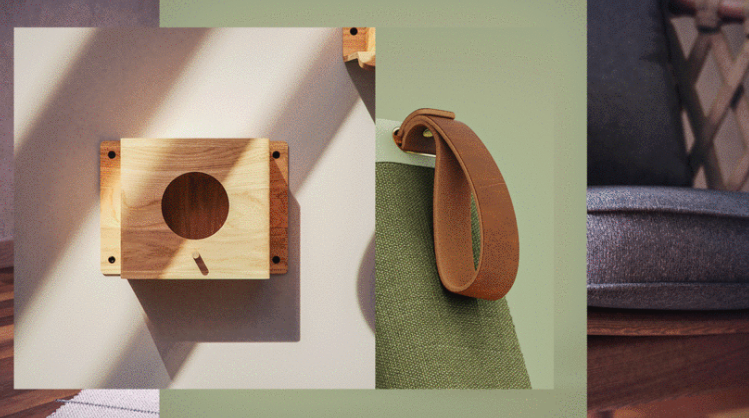
Review the key concepts of photorealism and see a few examples of simple studio lighting systems. Go over the basic principles of different types of materials and compile reference images for your furniture mood board.
Now it’s time to get to work in KeyShot. Start by importing your model and then get familiar with the program by exploring the interface and its main features. Learn how to assign materials to objects, add lighting to your scene, and create a set of cameras. Nicolás explains how each of these elements affects the look and composition of your image. Finally, adjust the settings of your file and prepare it for rending.
Now that you’ve covered the basics, explore different ways to make your scene more realistic, from adding new elements, like walls or objects, to advanced lighting and material techniques. Then, learn how to optimize the rendering process
Wrap up the course by adding the final touches on your project. Much like how professional photographers edit their photos to give them a signature style, 3D artists can enhance their work in post-production. Nicolás shows you a series of tricks in both KeyShot and Photoshop to polish your work and give it a professional look.



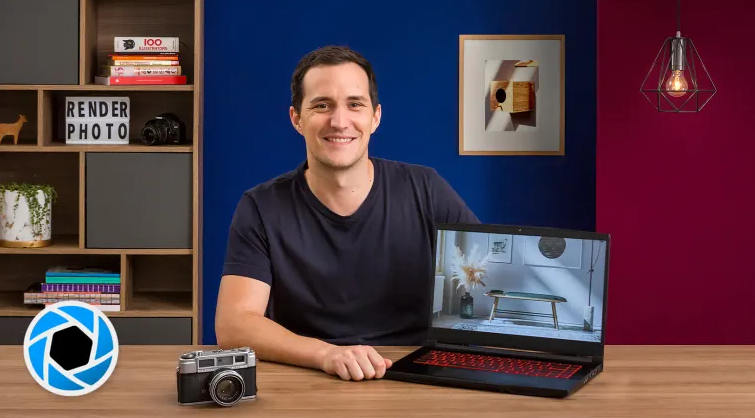

 Channel
Channel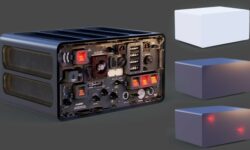


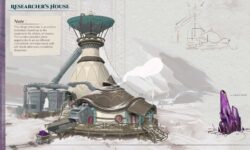
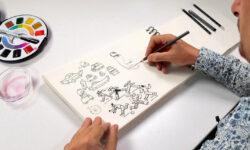
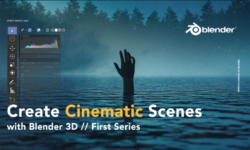

Unable to download subtitle file
fixed, please try again, thanks
Thanks!
quero esse curso me ajudem https://courses.willgibbons.com/keyshot-rendering-masterclass